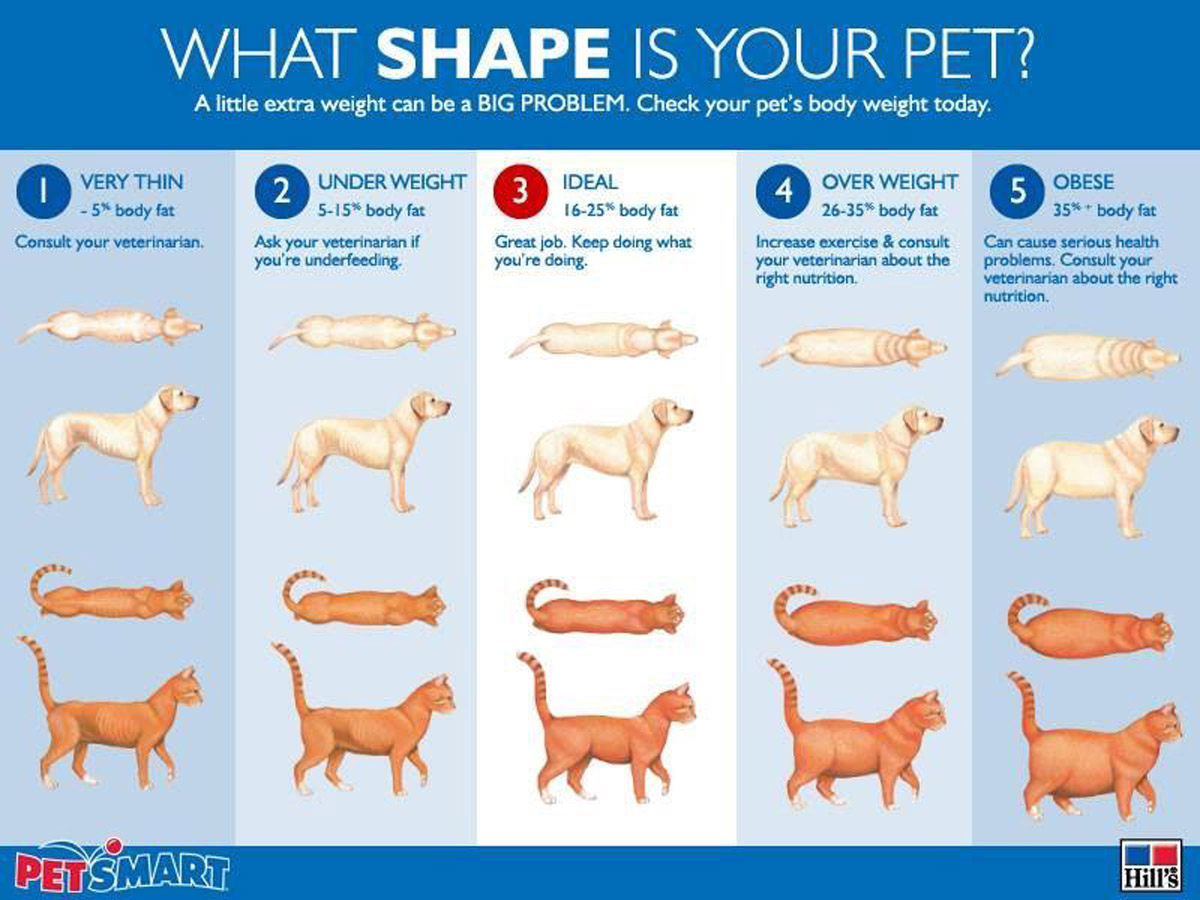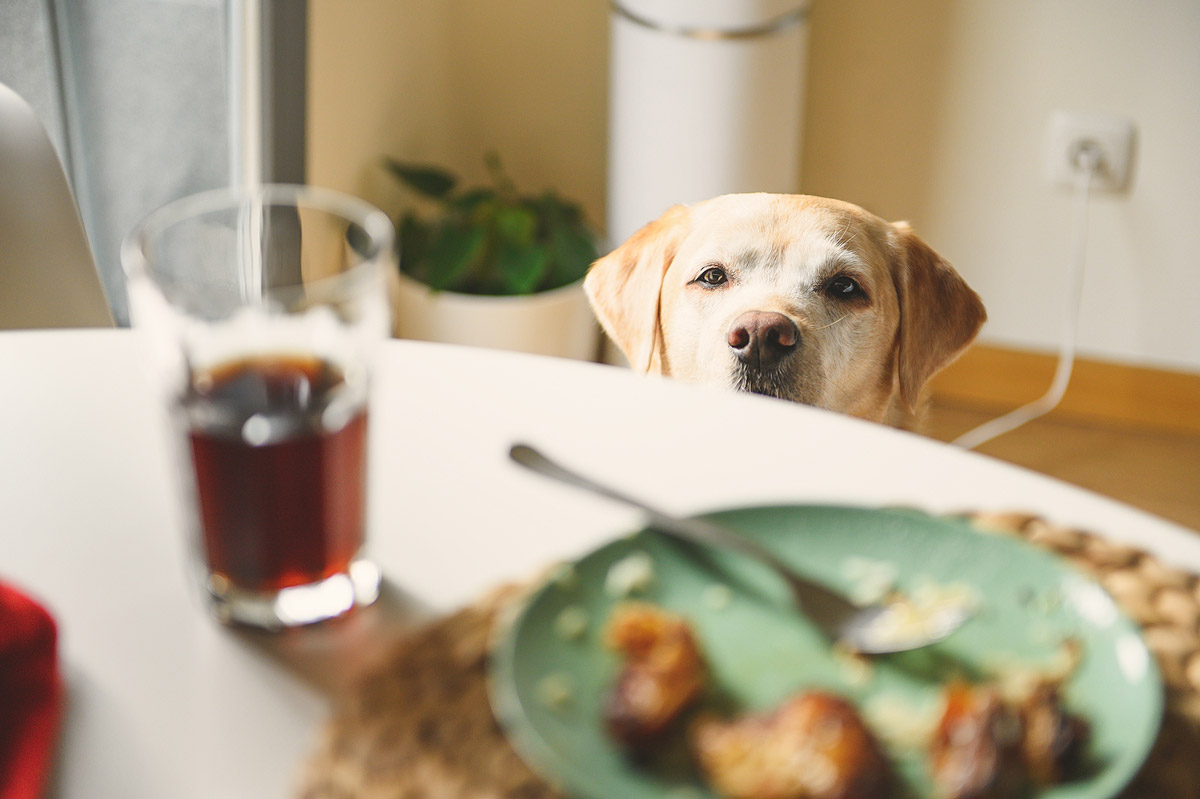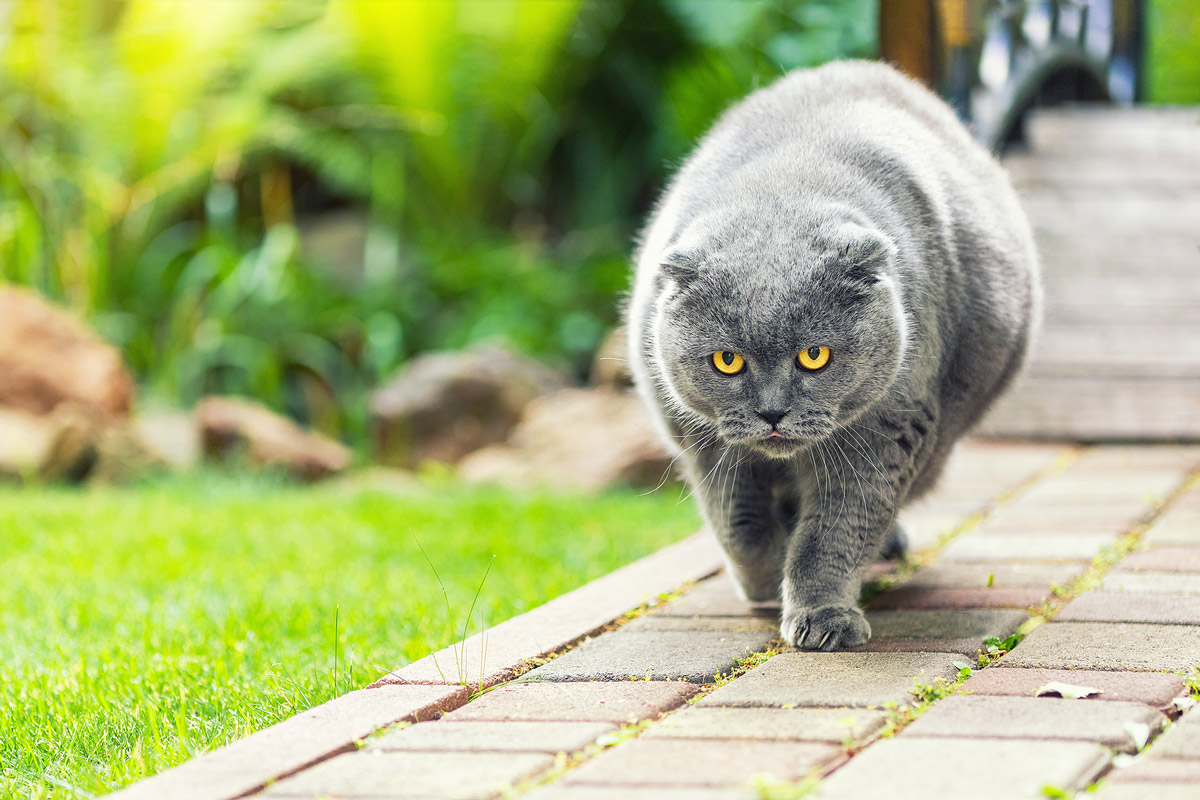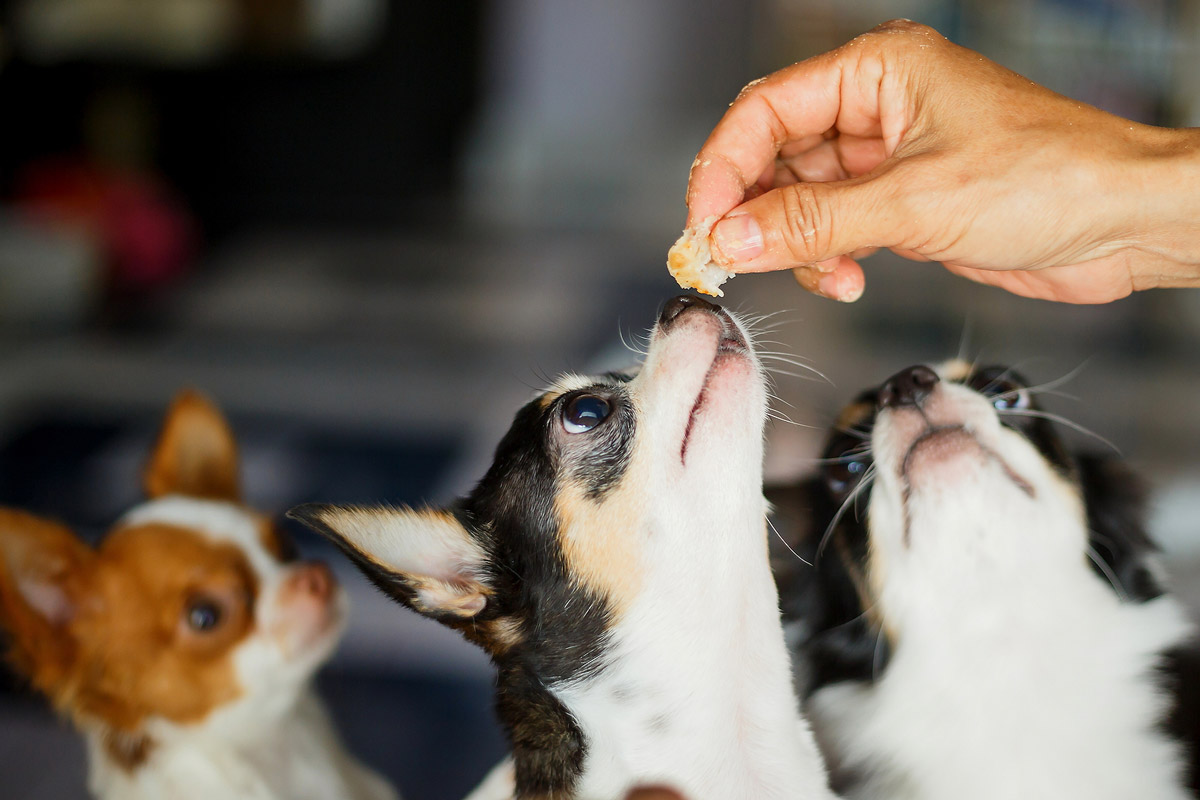Pets will never say ‘no’ to an extra treat or two throughout the day. For some, they might even steal a few snacks off the table or beg for more food!
However, this overindulgence in treats is the harbinger of weight problems. An overweight cat or dog can experience a variety of detrimental health issues, so it’s imperative that we, as pet owners, work towards preventing unhealthy weight gain.
How to find out if your pet is overweight?

Source: Policygenuis.com
The most obvious way of knowing whether your pet has put on weight is by looking at their physical appearance. Vets in Singapore and around the world would recommend a simple at-home test to determine if your pet needs to make a trip to the vet for weight control:
- Place hands on your pet’s rib cage with your thumb on the back. You should feel individual ribs easily with the flats of your fingers, just behind the shoulder blades.
- At the end of the rib cage where the lower back begins, you should feel a clear indentation on your pet’s sides.
- If you were to draw a line along the abdomen from the end of the breastbone to the pelvis, the angle should be 30-40 degrees and the abdomen should look “tucked up”.
Your pet is probably of a healthy weight if:
✓ You can easily feel its ribs
✓ It has a tucked abdomen and no sagging stomach
✓ You can see its waist from above.
Your pet might be overweight if:
✘ You have difficulty feeling its ribs
✘ It has a sagging stomach and you can grab a handful of fat
✘ It has a broad back and no visible waist.
In addition to this test, try weighing your pet every other week. Record the weight and monitor for changes over time. Pets that are overweight will generally start panting a lot faster and heavier when they go for a walk, move slower, and sleep more.
What encourages weight gain?

Age
As dogs and cats get older, they’re more likely to become overweight because of a slower metabolism and lower energy levels. This leads to a more sedentary lifestyle, which in turn causes even more weight gain if there is no decrease in food intake.
Medical conditions
If you notice rapid weight gain in your pet, it could be a sign of an underlying health condition such as Cushing’s disease or hypothyroidism. We recommend bringing your pet to the vet for a medical examination if you do notice a sudden weight gain or increase in appetite in your pet!
Desexing
If your pet has been neutered or spayed, it may be more prone to weight gain because the reproductive hormones controlled by the removed sex organs influence muscle mass and tendon and ligament strength.
Lack of exercise
Pets get overweight when they don’t get enough exercise. Remember to make sure that your pet clocks in its daily exercise requirements — you have to make it a priority. If you are too busy at work, consider enrolling your pet into a pet daycare or pet boarding in Singapore where your pet can play, socialise, and exercise throughout the day!
Pets should also have ample space inside your home to jump and play. Invest in a cat tree and interactive toys from an online pet store for your pets to give them both mental and physical stimulation.
Overindulging in food
When you overfeed your pet, you are setting them up to gain weight. Make sure that you portion out their food (according to their age, breed, health condition, and size) instead of filling the bowl every time it’s empty. Consult your vet on an appropriate feeding schedule and diet, and stick to it!
As for treats, avoid feeding table scraps and only give healthy ones such as fruits and boiled vegetables as snacks or training rewards. Owners can also consider using interactive feeding toys, which will allow your cat or dog to “work” for their food.
What are the health risks associated with obesity?

Scientific data reveals that moderate excess weight shortens life expectancy by as much as 2 years. If this is not enough reason to fight against pet obesity, know that being overweight or obese dramatically increases the risk of:
- Diabetes mellitus
- Heart disease
- Pancreatitis
- Cancers of all types
- Respiratory distress and exercise intolerance
- High blood pressure
- This can lead to secondary complications such as kidney and eye diseases
- Joint damage and osteoarthritis (OA), leading to chronic pain
- Besides increased wear and tear on the joints, fat tissue itself contributes to inflammation, which forms a part of the pain associated with OA.

Obesity in pets is one of the most important diseases that pet owners face. However, it can be difficult for us to realise that it is a problem until it’s too late because of how adorable they look when pudgy — understanding the severity of obesity in pets and knowing how to check for signs of being overweight are the first few steps to helping our pets maintain a healthy weight and happy life!










